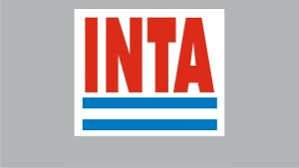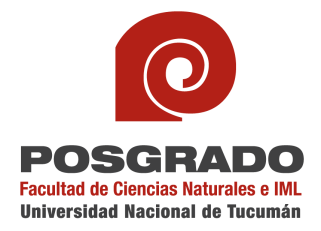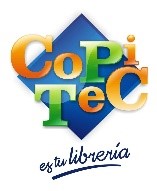 Read this page in Spanish here
Read this page in Spanish here
On the 7th of September 2019, 10-13 hr, the pedestrian streets of San Miguel de Tucuman will transform for the first time into a hub of scientific learning and discussion, as some of Tucuman’s leading scientists take to their soapboxes to showcase their science to the general public. The event’s mission remains the same: to help eliminate gender inequality in science by raising the profile, and challenging the public’s view, of women and non-binary people in science. The event is free. If you’d like to see what Soapbox Science looks like in action, have a look at the Soapbox Science 2015 video
Meet the Soapbox Science 2019 Tucumán local organising team
Sponsors
We couldn’t run this Tucuman event without the generous logistical and financial support of our sponsors. Our Tucuman event have been supported by the Post-graduate division and the Faculty of Natural Sciences of the National University of Tucuman, the University of San Pablo, the library Copitec, INTA Tucumán and the Company DFnoa. If you would like to become a sponsor, do not hesitate contacting us under soapbox.tucuman@gmail.com






Details of the location and timing of the event
Date: Saturday 7th September 2019
Address: Plaza de la Independencia, calle 25 de Mayo, 90 San Miguel de Tucumán, Tucumán. Argentina
Time: 10am – 1pm
Speakers
Selected from a competitive pool of researchers, our 12 speakers will be sharing their work in technology, science, architecture and engineering. The speakers and their discussion topics are:
María Laura Taddei Salinas (@lauritataddei) Instituto de Arqueología y Museología, ISES, CONICET, UNT “Hablemos de suelo y tierra: entre el conocimiento científico y los saberes campesinos”.
Alexandra Buitrago Guacaneme (@alebuigua ) Instituto de Biodiversidad Neotropical, UNT-CONICET “Insectos, ríos y cambio climático goteando en la canilla de tu casa”
Dra. A. Carolina Monmany-Garzia (@CMonmanyGarzia) Instituto de Ecología Regional (IER-CONICET) “Sociedad plástica: de las polillas a las imágenes satelitales”
Dra. Carolina Somonte Instituto de Arqueología y Museología (IAM) y Centro de Investigaciones y Ecología Histórica (CIEH) “Las piedras también se maquillan… cuanto más viejas, más bonitas”
Dra. Gabriela Fontanarrosa Instituto de Biodiversidad Neotropical, UNT (IBN-CONICET) “Biología desde seres imaginarios”.
Dra. Maria Laura Cordero Instituto Superior de Estudios Sociales (ISES- Universidad Nacional de Tucumán-CONICET), Centro Científico Tecnológico Tucumán (CCT Tucumán) “¿Desnutrición u obesidad? ¿Qué pasa en Tucumán?”
Dra. María Leonor Sandoval Salinas Instituto de Investigación en Luz, Ambiente y Visión (ILAV), CONICET-UNT “Ese murciélago, ¿es amarillo-oscuro o marrón-claro? ¿Es lo mismo? ¿A quién le importa?”
Dra. Patricia Viviana Zelaya, (https://www.facebook.com/patriornis.zelaya) Instituto de Ecología Regional (IER-CONICET) “Escribir un libro, Tener hijos, Plantar un árbol…..sigue siendo esa la prioridad???”
Dra. Paula Luciana Boldrini Peralta, Centro de Estudios sobre Territorio y Hábitat Popular (CETyHAP-CONICET) “Ciencia transformadora: Por arte de magia o por arte de lucha?”
Dra. Rocío Sánchez Instituto de Ecologia Regional (IER-CONICET) “El barrio se llena de plumas: ¿quien las vió? “
Dra. María Sofía Marinaro Fuentes. Instituto de Ecología Regional, (IER-CONICET) “Las penas son de nosotros, las vaquitas son ajenas”
Solana Yanina Asfora, Instituto Superior de Estudios Sociales. ISES-CONICET “¿Donde hay pobreza infantil en el Norte Argentino? “
Discover our 2019 speakers:
[print_gllr id=6504]
